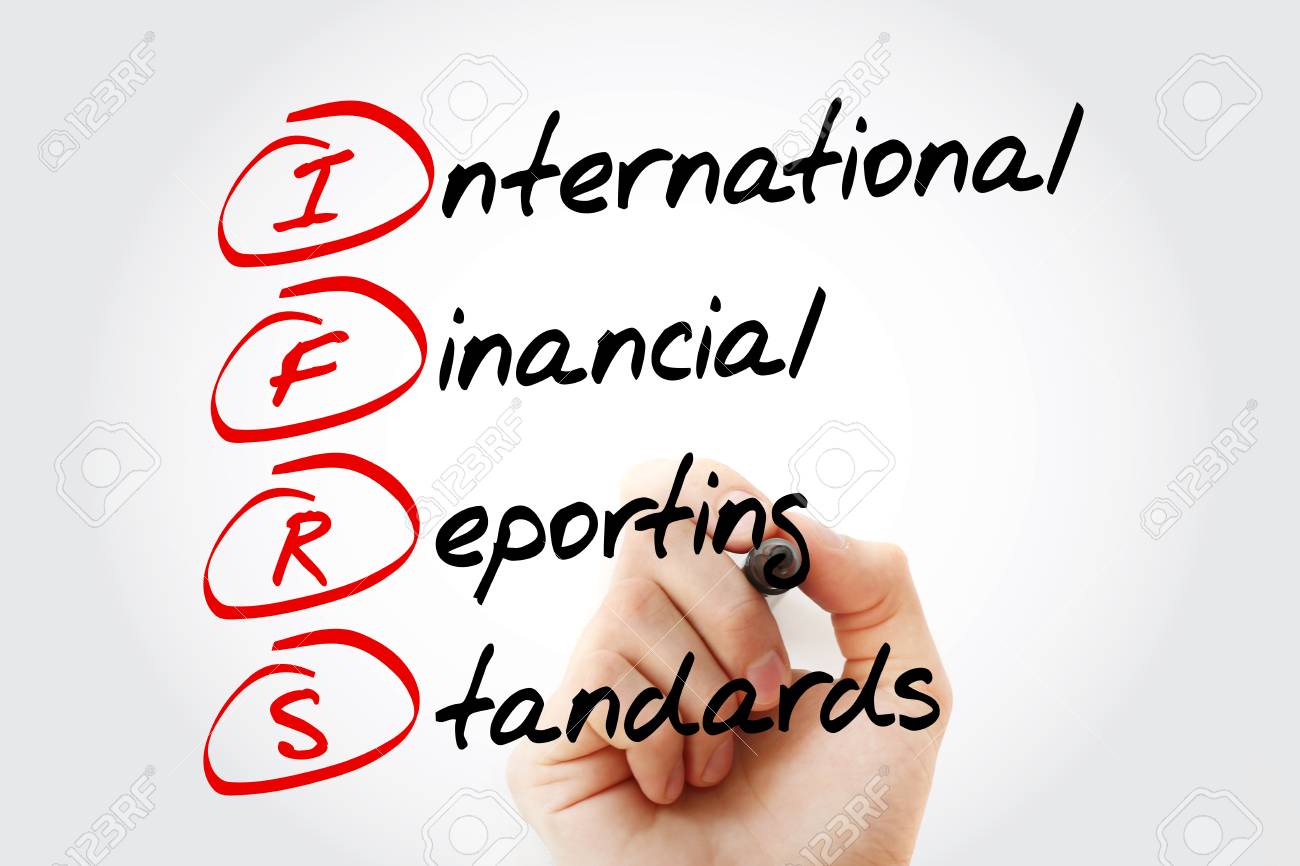

During this comprehensive programmer participants will obtain an understanding of the following bodies of knowledge:
As a result of completing this programme, all participants will improve their knowledge, understanding and analytical skills in terms of IFRS in terms of the following benefits:
This interactive training programmer will present an explanation of all IASB technical requirements in a clear, practical format, including an overall review of the rationale and objectives for all IASB standards that are included in the programmer. In addition, active participation by all participants through a combination of direct instruction, analysis and evaluation of practical case studies, examples and exercises to illustrate application of the standards as well as current and future issues and other “real life” examples will be encouraged.
EVOLUTION OF INTERNATIONAL ACCOUNTING STANDARDS
STRUCTURAL FRAMEWORK FOR THE PREPARATION AND PRESENTATION OF FINANCIAL STATEMENTS
PREPARATION AND PRESENTATION OF IFRS FINANCIAL STATEMENTS
CONVERSION PREPARATION TO IFRS
IMPACT OF IFRS ON FINANCIAL STATEMENT INTERPRETATIONS
CDGA attendance certificate will be issued to all attendees completing minimum of 75% of the total course duration.
| Code | Date | Venue | Fees | Register |
|---|---|---|---|---|
| ACC114-02 | 14-06-2026 | Cairo | USD 5450 | |
| ACC114-03 | 21-09-2026 | Amsterdam | USD 6950 | |
| ACC114-04 | 01-11-2026 | Dubai | USD 5450 |
.jpg)
International Financial Reporting Standards (IFRS) have been adopted by more than one hundred countries and are the most widely used financial reporting standards in the world. This advanced program l ...
International Financial Reporting Standards (IFRS) provide the basis for financial reporting to the capital markets in over 165 countries.The oil and gas industry has specific accounting and disclosur ...

There are currently over 165 countries that require or permit the use of IFRS for listed companies. The correct adoption of IFRS promises organisations in all the sectors many benefits including great ...
Providing services with a high quality that are satisfying the requirements
Appling the specifications and legalizations to ensure the quality of service.
Best utilization of resources for continually improving the business activities.
CDGA keen to selects highly technical instructors based on professional field experience
Since CDGA was established, it considered a training partner for world class oil & gas institution
3012, Block 3, 30 Euro Business Park, Little Island, Co. Cork, T45 V220, Ireland
Mon to Fri 09:00 AM to 06:00 PM
Contact Us anytime!
Request Info